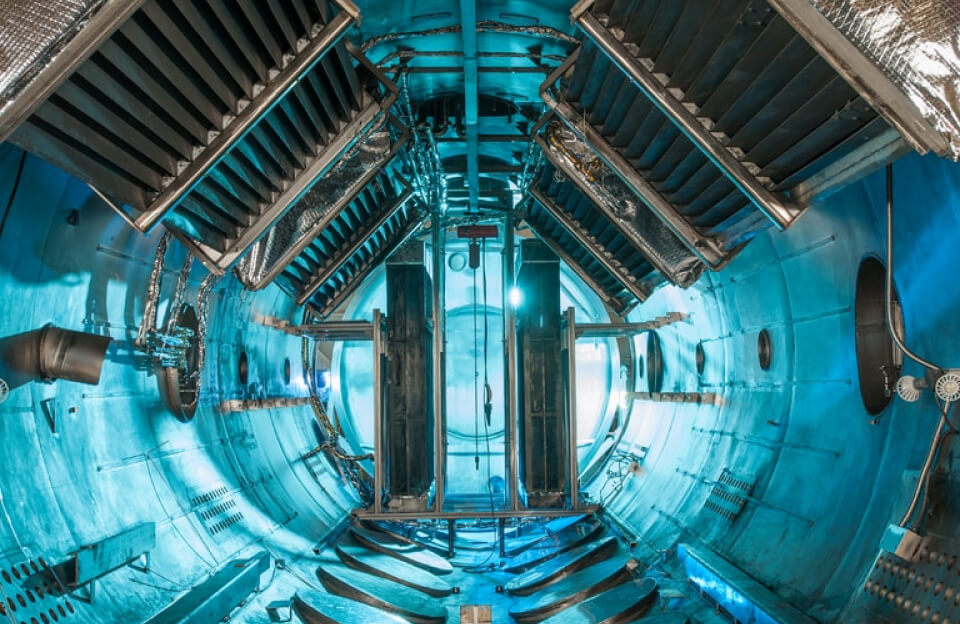DevOps has revolutionized software development and delivery by fostering collaboration, automation, and continuous improvement. As we approach 2025, the landscape is evolving rapidly with new technologies and practices shaping the future of DevOps. Here’s a look at the key trends every DevOps engineer should watch to stay ahead.
1. AI and Machine Learning Integration
Artificial intelligence is set to transform DevOps by automating complex tasks such as anomaly detection, root cause analysis, and predictive scaling. AI-driven tools will enhance decision-making, optimize workflows, and reduce human error—making DevOps pipelines smarter and more efficient.
2. GitOps and Declarative Infrastructure
GitOps is gaining momentum as a way to manage infrastructure and application deployments declaratively through Git repositories. This approach improves transparency, auditability, and rollback capabilities, driving more reliable and reproducible deployments.
3. DevSecOps Becomes Standard
Security is no longer an afterthought. Integrating security early and throughout the DevOps pipeline—known as DevSecOps—will become a baseline requirement. Automated security scanning, compliance checks, and threat modeling will be embedded in CI/CD processes to safeguard applications from development through production.
4. Serverless and Event-Driven Architectures
Serverless computing and event-driven models will grow in popularity, enabling teams to build scalable, cost-efficient applications without managing underlying infrastructure. DevOps practices will adapt to optimize the unique challenges of monitoring, debugging, and deploying serverless workloads.
5. Increased Focus on Observability
Beyond traditional monitoring, observability tools will provide deeper insights into system health by correlating logs, metrics, and traces. This holistic view empowers teams to quickly detect issues, understand system behavior, and improve reliability.
6. Edge Computing and IoT Integration
As edge computing and IoT devices proliferate, DevOps will extend beyond centralized cloud environments. Managing deployments, updates, and monitoring across distributed, resource-constrained devices will require new tools and strategies.
7. Collaboration and Culture Evolve
The cultural aspect of DevOps remains critical. Organizations will invest more in cross-functional collaboration, continuous learning, and feedback loops to sustain high-performing teams and adapt to rapid change.
Conclusion
The future of DevOps is exciting, blending advanced automation, security, and novel architectures to drive faster, safer software delivery. Staying updated on these trends will help DevOps professionals build resilient pipelines and deliver greater business value in 2025 and beyond.
Are you ready to embrace the future of DevOps? Share your thoughts or trends you’re watching in the comments!
Would you like me to help with visuals or real-world examples to enrich this blog?


